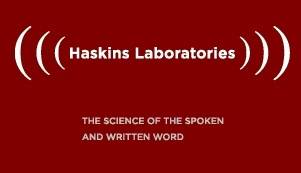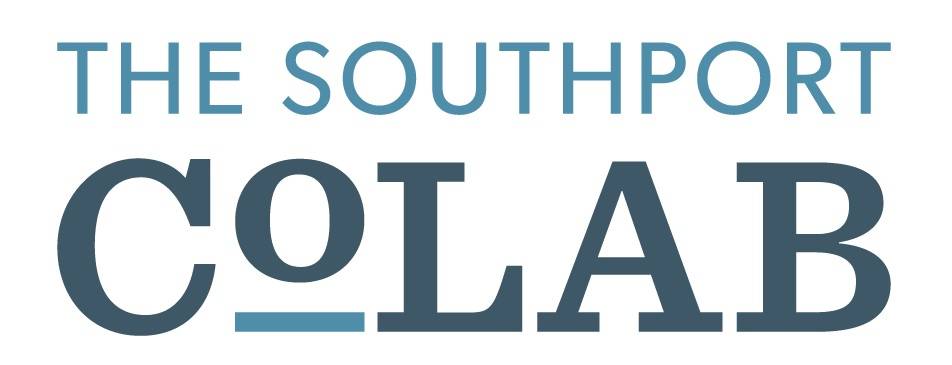Integrated Literacy Approach
Learning to Teach, Teaching to Learn
Why training educators?
For most children, speech and oral language occur as natural processes. Literacy (i.e., reading and writing) is an entirely different matter as developing those skills requires explicit, systematic, and sequential instruction.
Successful reading and writing skills depend significantly on the quality of pre-school language and cognitive learning experiences and on the availability of high-quality early literacy instruction and remediation. Moreover, while many high-quality interventions have been developed by researchers and education specialists, their application in the classrooms can be erratic and unstructured. The lack of guidance (combined with an overwhelming quantity of information) to educators for teaching reading and writing skills leave them to practice non-standardized teaching methods, deviating from the core philosophy of the interventions.
It is thus essential to provide support to educators to access state-of-the-art methods, to spread knowledge and knowhow to all teachers.
The “Integrated Literacy Approach Professional Development Program” improves outcomes of students receiving Tier 3 instruction through:
- A solid introduction to the Science of Reading;
- A structured, sequential, systematic, and diagnostic-prescriptive literacy model;
- A robust database framework leveraging data collection and analysis informing instruction, based on the understanding of the science of reading by educators.

OBJECTIVES
- Providing education, training and diagnostic tools to educators and administrators on the neurological and environmental factors that impact the development of optimal literacy skills in children and ways to treat them and;
- Leading the implementation of comprehensive and coordinated individualized reading and writing teaching methods to better suit the specificity of each child.
A 3 steps approach
Knowledge Acquisition
Series of workshops and intensive trainings given by Haskins Laboratories researchers to gain an in-depth knowledge of the neuroscience of literacy and the different ways to treat learning disabilities.
Structured Literacy Professional Development & Coaching
This year-long training by the SouthPorth CoLab gives the tools and methodology to implement a well-balanced Tier 3 intervention program in a coordinated way.
Data-Based Individualization
This program provides the support and tools to gather accurate and relevant students’ data, analyze them, and individualize the intervention program to the needs of each child.
contact us for more information & pricing
Partners

Haskins Laboratories
Haskins Laboratories is a private, not-for-profit research institute founded in 1935, with a scientific mission to investigate the biological basis of speech, language and reading, and their related disabilities. Together with long-standing collaborators from University of Connecticut, Yale University, and over 40 international partners, Haskins has pioneered the scientific theories that guide current clinical and educational remediations for speech and reading disabilities, including the motor theory of speech perception, the orthographic depth hypothesis, the phonological basis of dyslexia, and the neurobiological system that supports reading. The over-arching mission of the Laboratories is to leverage cutting-edge science to enable those with language impairments to participate more fully in society.
SouthPort CoLAB
At Southport CoLAB we believe in integrating research, practice, and advocacy to effect positive outcomes for people with learning and attention issues.
The reach of The Southport School extends beyond our physical walls as we seek to capitalize on the opportunity to impact the local and national communities by helping train teachers, educate families, and inform the public about language-based learning disabilities and attention issues.
The Southport CoLAB currently offers three specialized training programs: Structured Literacy: Orton Gillingham, Executive Functioning, and Assistive Technology.
Learning to Teach, Teaching to Learn



